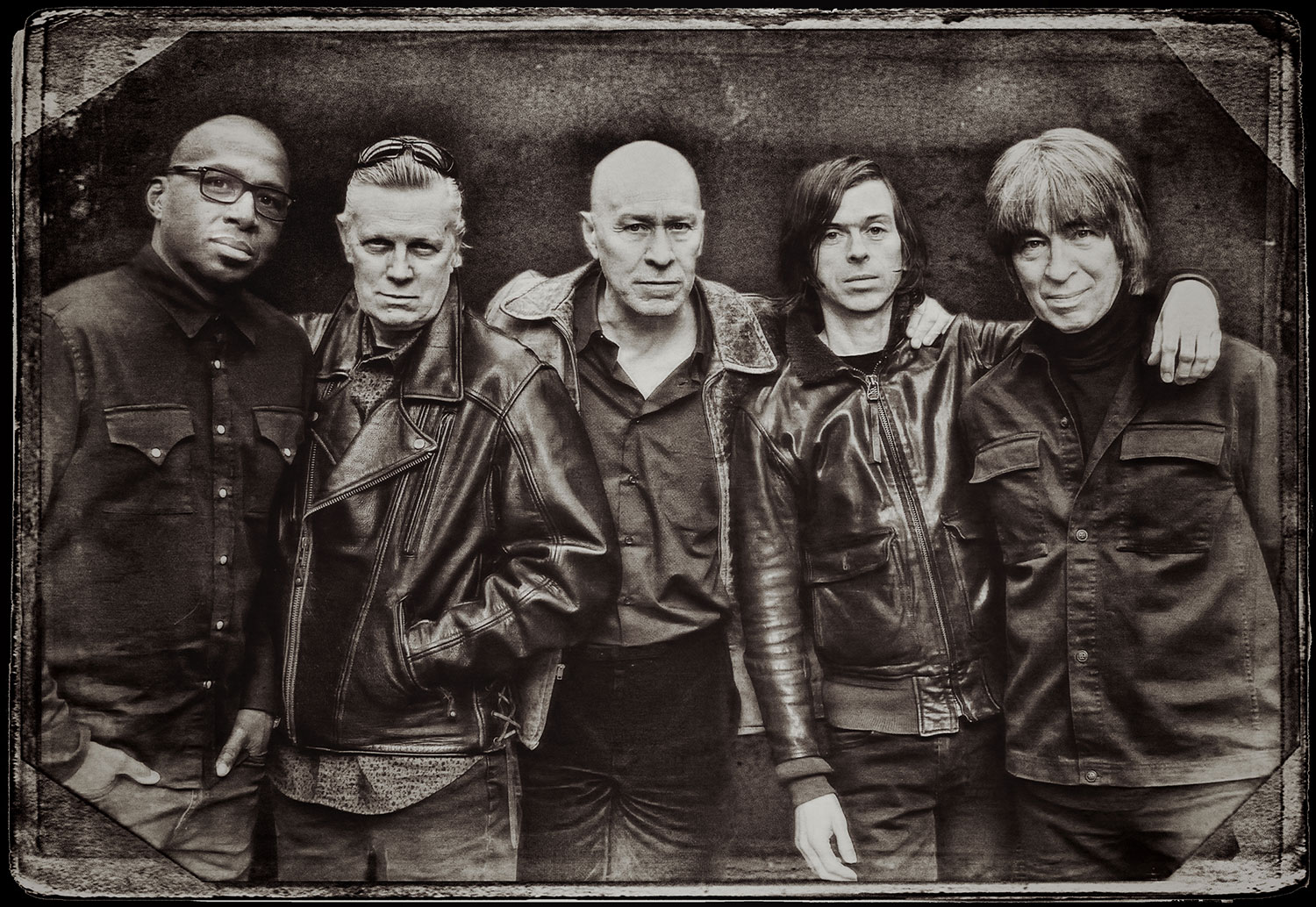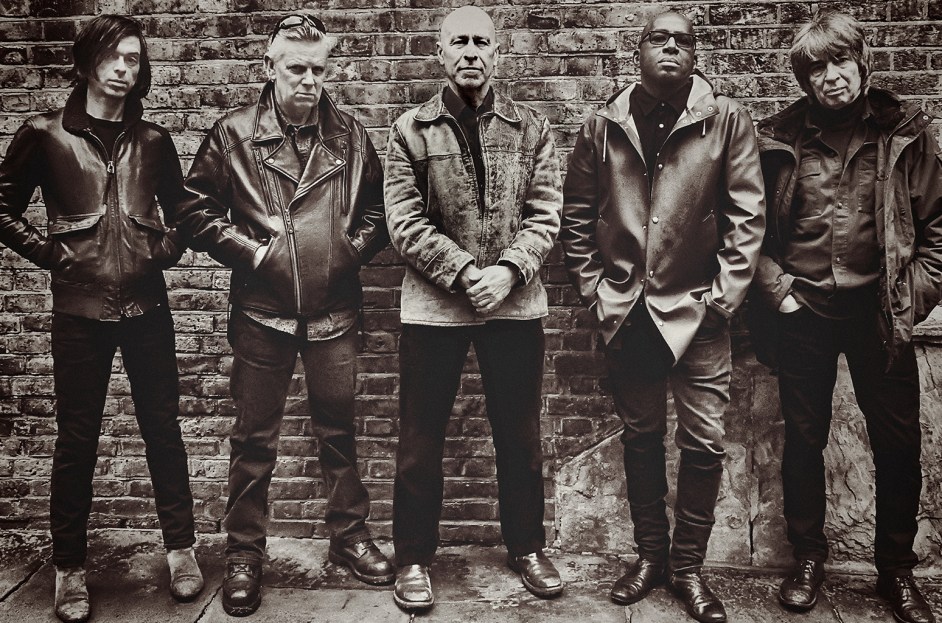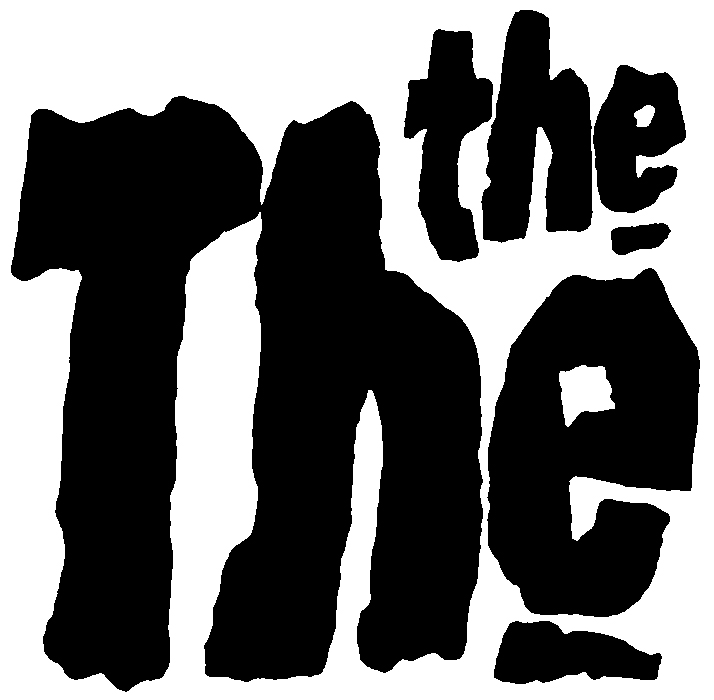The Road Not Traveled Poem

Robert Frost's "The Road Not Taken" is one of the most famous and misunderstood poems in American literature. Often interpreted as a celebration of individualism and independent decision-making, a closer examination reveals a more nuanced and perhaps even ironic message about the complexities of choice and the human tendency to romanticize the past.
The Apparent Meaning: Individualism and Choice
On the surface, the poem seems to champion the idea of forging one's own path. The speaker, standing at a fork in a road, chooses the "one less traveled by," a decision that purportedly "has made all the difference." This reading resonates with the American ideal of self-reliance and the pursuit of unique experiences.
This interpretation has been widely embraced, particularly in motivational speeches and self-help literature. It is used to encourage people to take risks, embrace the unconventional, and believe in the power of their own choices to shape their destiny. The poem is frequently invoked when discussing career changes, entrepreneurial ventures, or any situation where an individual deviates from the expected norm.
Deconstructing the Poem: Ambiguity and Irony
Examining the Language
However, a more critical reading of the poem reveals several ambiguities. The speaker initially states that the two roads were "really about the same," suggesting that the choice may not have been as significant as later portrayed. The line "Though as for that the passing there / Had worn them really about the same" casts doubt on the claim that one road was significantly less traveled.
Furthermore, the speaker acknowledges that he will be "telling this with a sigh / Somewhere ages and ages hence." This implies a certain level of regret or nostalgia, hinting that the "difference" made by the chosen road may not be entirely positive. The "sigh" suggests a wistful reflection on what might have been, a common human experience when considering past decisions.
The Role of Self-Deception
The poem also touches on the human tendency to reinterpret the past to fit a desired narrative. The speaker chooses a road, any road, and then constructs a story around that choice to justify it. This is a common coping mechanism, allowing individuals to make sense of seemingly random events and create a sense of control over their lives.
Think about how often people justify past mistakes or bad decisions by claiming they "learned a valuable lesson." While there may be truth to this, it also serves to protect their ego and avoid confronting the possibility that they simply made a poor choice. "The Road Not Taken" may be illustrating a similar form of self-deception.
Real-World Examples and Data
The Myth of the "Road Less Traveled" in Careers
Consider the career paths of successful entrepreneurs. Many claim to have taken a unique and unconventional route to success. However, a closer look often reveals a combination of hard work, strategic planning, and, crucially, good luck. While their stories may inspire others to pursue their passions, it's important to acknowledge that success is rarely solely attributable to taking the "road less traveled." In fact, often the "road less traveled" can lead to failure and disappointment.
Data from career surveys consistently show that most people follow relatively conventional career paths within their chosen fields. While some individuals may deviate significantly, the majority find success by adhering to established norms and practices. This isn't to discourage innovation, but rather to highlight the reality that the perceived benefits of the "road less traveled" are often exaggerated.
The Impact of Social Influence on Choice
Studies in social psychology demonstrate the powerful influence of social norms on individual choices. People are often unconsciously influenced by the behavior of others, even when they believe they are acting independently. This contradicts the idea that we are all rational actors making completely independent decisions. The "road less traveled" may be perceived as such only because it deviates from the dominant social norms, which themselves are subject to constant change and revision.
For example, consider the popularity of certain diets or exercise regimes. While individuals may believe they are making a personal choice based on their own needs and preferences, their decisions are often heavily influenced by trends, social media, and the opinions of their peers. The desire to conform, even subconsciously, can significantly impact our perception of the "road less traveled."
The Poem's Enduring Relevance
Despite the potential for misinterpretation, "The Road Not Taken" remains a powerful and thought-provoking poem. Its enduring relevance lies not in its celebration of individualism, but rather in its exploration of the human condition. It reminds us of the complexities of choice, the subjective nature of experience, and the human tendency to romanticize the past.
The poem encourages us to reflect on the choices we make, but also to be aware of the narratives we create around those choices. It challenges us to question the assumptions we make about the "roads" we take and to acknowledge the role of chance, circumstance, and social influence in shaping our lives. It urges us not to blindly follow the crowd, but equally not to demonize the well-trodden path without careful consideration.
A Call to Critical Thinking
The poem's lesson is not simply to "follow your dreams" or "be yourself," but to engage in critical self-reflection. Ask yourself: Are you truly choosing the "road less traveled," or are you simply chasing a perceived ideal? Are you constructing a narrative around your choices to justify them, or are you honestly assessing their consequences? Are you aware of the influences that shape your decisions, both conscious and unconscious?
By engaging in this kind of critical thinking, we can avoid the pitfalls of self-deception and make more informed choices about the paths we take in life. "The Road Not Taken" is not a prescription for individualism, but a call for awareness, humility, and a deeper understanding of ourselves and the world around us. The most valuable takeaway from this poem is the encouragement to actively and honestly reflect on the paths we choose and the stories we tell ourselves about those choices.


Bekijk ook deze gerelateerde berichten:
- Als Je Naar Me Kijkt
- Hoe Noem Je Een Inwoner Van Pakistan
- Great Gatsby Summary Per Chapter
- Straal Berekenen Van Een Cirkel
- Paso Adelante Deel 1 Havo/vwo
- Kung Fu Panda 4 Kijken
- Binnenwegplein 50-52 - 3012 Ka Rotterdam
- Daisy Daisy Give Me Your Answer Do
- Waar Woont Margarita De Bourbon De Parme
- Gemiddelde Snelheid Per Uur Berekenen
